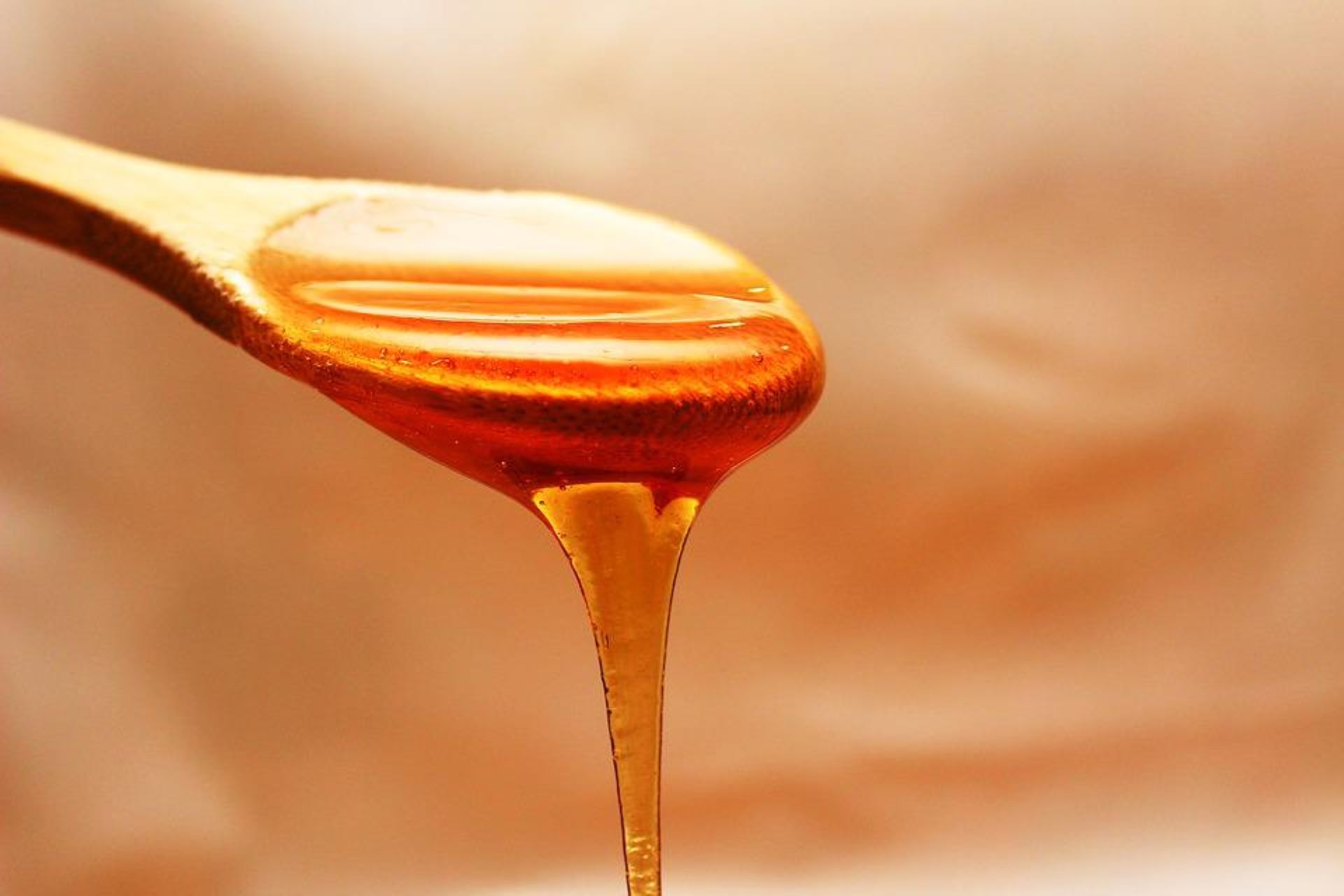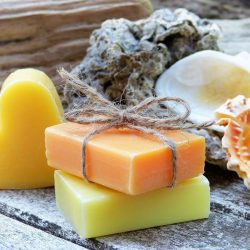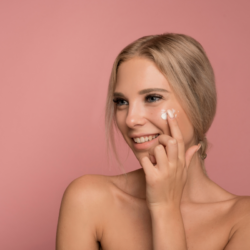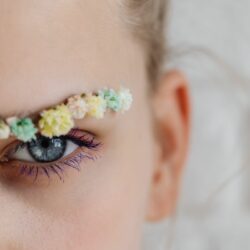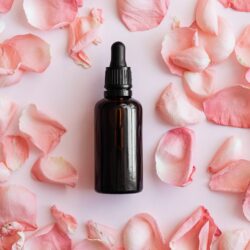Honey… A word that reflects a pure marvel, the intense, delicious sweetness that is honey! But this treasure emanating from nature is not only delicious, it also has other surprising properties. In fact, this golden nectar with its incomparable flavour, found in beehives, is highly prized in the fields of gastronomy, medicine and cosmetics.
Some brands, like Alvadiem, have decided to make it the main ingredient in their products. For 60 years, Alvadiem has been promoting the resources that the beehive abounds in. An expert in beekeeping cosmetics, its products are rich in honey, beeswax and royal jelly.
Made in France
Making its products in France is one of the brand’s convictions. From formulation to packaging, Alvadiem is keen to carry out these tasks in France. From its beginnings in Lambesc to the present day, this French brand has always been attached to its origins. It is also a choice to support local beekeepers and farmers, who are partners of the firm.
Alvadiem: A committed brand
The domestication of bees, known as “apiculture”, involves taking advantage of the bee’s ability to produce honey. Although this is a fairly common practice, the evolution of the modern agrochemical industry has distorted its splendour and reputation. Fortunately, Alvadiem is committed to creating a symbiotic relationship between beekeepers, their faithful workers the bees, and nature.
Alvadiem has been working alongside young beekeepers since 2012, helping them to get started, and the brand is making a name for itself in the organic sector with its formulas made from at least 95% natural ingredients, while respecting our beloved biodiversity. 100% recyclable cardboard packaging, biodegradable formulas… Protecting our environment in a sustainable way is at the heart of our concerns.
As well as bringing well-being to your body, the brand constantly highlights human value and benevolence through its many donations and its support for diabetics and cancer sufferers.
Towards responsible cosmetics: Alvadiem’s actions for biodiversity
Alvadiem is actively committed to protecting the environment and preserving biodiversity, particularly in relation to bees and beekeeping. Here is a summary of their environmental and social initiatives:
- Commitment to Sustainable Cosmetics: Alvadiem works to improve its environmental impact through concrete actions. They are constantly seeking to adopt more responsible manufacturing processes that save energy and water. Their aim is to produce biodegradable formulas, thereby limiting their impact on biodiversity.
- Reducing waste and packaging: The brand has taken steps to limit over-packaging and uses 100% recyclable cardboard packaging that meets Imprim’Vert criteria and comes from sustainably managed forests. In addition, they have opted for eco-friendly parcels made from recycled kraft paper, significantly reducing their plastic consumption.
- Support for the beekeeping sector: Alvadiem works closely with beekeepers committed to practices that respect bees and the environment. These partnerships focus on the gentle harvesting of hive products and respect for the life cycle of bees. The brand ensures that the active ingredients are extracted in a way that respects bees and their habitat.
- Protection of the Black Bee: Alvadiem supports the Conservatoire de l’Abeille Noire (Black Bee Conservatory) in preserving this species and restocking French apiaries from the Domaine de Chambord. The black bee, renowned for its ability to pollinate, plays an essential role in the survival of many wild plants.
- Carbon footprint assessment with the Good Planet Foundation: Alvadiem has launched its first carbon footprint assessment in collaboration with the Good Planet Foundation, founded by Yann Arthus Bertrand, to analyse its operations and implement new actions to protect the environment.
- Support for healthcare professionals: In addition to its commitment to the environment, Alvadiem is also dedicated to social causes. The brand maintains a relationship of trust with chiropodists and carries out awareness-raising campaigns on the importance of foot health. During the health crisis, Alvadiem also donated creams to medical teams and staff at hospitals and retirement homes.
These commitments reflect Alvadiem’s desire to make a positive contribution to the planet and to society, by harmonising their business practices with environmental and social values.
Reference products
Since 1986, Alvadiem has specialised in foot care products. The brand has become a benchmark for professionals in this field in France. Their best-seller, Dry Foot Balm, is a must-have for those with very dry, cracked feet. Many have adopted it after testing it.
To top it all off, several of the brand’s products have won awards. In 2019, for example, Santé Magazine has awarded the Soin Protection intense by Alvadiem. This product, formulated for the feet of diabetics, won over the Prix Santé Magazine jury for its effectiveness and responsible origins. In 2020, in addition to pedicure-podologues in France, theObservatoire des Cosmétiques also recommended Alvadiem Crème Philomiel.
In terms of value for money, the brand continues to score highly. The effectiveness of Alvadiem products has won over the general public, and positive reviews are flourishing on the internet. Those who have tried them have approved, especially those with dry, damaged skin on their feet.
What are the benefits of honey for the skin?
Raw honey contains many components that are beneficial to the skin, particularly in the case of acne or auto-immune skin conditions such as eczema or psoriasis. Honey can even help control Candida overgrowth when applied to the skin.
- Balance Skin Bacteria: Raw honey helps to balance the bacteria on your skin, making it an excellent product for treating acne. Manuka Honey has been studied as an anti-acne product and found to be significantly more effective than other popular products.
- Accelerate Healing: Honey accelerates the healing processes of skin cells. If you have blemishes or a flare-up of eczema, unpasteurised honey could speed up healing and reduce inflammation. Manuka honey is so effective at healing wounds quickly that it is now used by doctors in clinical settings.
- Natural Exfoliant: Raw honey is also a natural exfoliant, meaning that applying it to your face will remove dry, dull skin and reveal new skin cells underneath.
- Uses of Honey on the Face: Applying honey to your face is pretty straightforward, although there are a number of different ways to do it.
- Honey for Acne, Psoriasis and Eczema: Honey for chronic skin conditions can be treated with a paste, applied topically, or with a face mask that you leave on for several minutes. The use of unpasteurised honey, such as Manuka honey, is essential.
- Allergy Warning: If you have allergic reactions to pollen, celery or other bee-related products, avoid using honey on your skin.
- Honey to Lighten and Brighten Skin: Researchers have not established a direct link between using honey on your face and lightening dark spots. However, since honey has exfoliating properties, using it on your face can remove the dead skin cells that make your skin dull, revealing brighter skin.
- Honey to Reduce Scars: Honey aids your body’s healing process, which can help reduce acne scars. You can use honey as a topical treatment on scars, applying it daily or every other day as a paste to the site of your scar.
The use of honey in Alvadiem products
Alvadiem uses honey in its skin care products, taking advantage of its many beneficial properties. Here is an overview of Alvadiem’s use of different types of honey and their specific benefits for the skin:
- Acacia honey: Used for its moisturising properties, acacia honey is a favourite choice in cosmetics for retaining water and keeping the skin hydrated. It is also known to soften and comfort the skin. Alvadiem products containing acacia honey include moisturising hand creams and nourishing foot scrubs.
- Lavender honey: Renowned for its antifungal and antiseptic properties, lavender honey is effective in preventing fungal infections and purifying the skin. It is also used in Alvadiem products for its deodorant properties.
- Chestnut honey: With its high concentration of polyphenols and tannins, chestnut honey is appreciated for its antioxidant properties and its ability to protect the walls of micro-vessels, while helping to improve skin micro-circulation.
- Thyme honey: Used for its healing properties, thyme honey is a key ingredient in Alvadiem skin care products designed to soothe and relieve sensitive skin, promoting healing.
- All-flower honey: This type of honey, made from the nectar of several flowers, offers a blend of beneficial properties for health and skin. It is mainly used for its moisturising properties and its ability to deeply nourish the skin.
These honeys are carefully selected and harvested in France or Europe, respecting the well-being of the bees. Alvadiem incorporates them into its formulas to offer natural, effective skincare tailored to the needs of sensitive and weakened skin.
Sources
- Burlando B, et al (2013). Honey in dermatology and skin care: A review.
- Edirriweera ER, et al. (2012). Medicinal and cosmetic uses of bee’s honey: A review.
- Jull AB, et al. (2015). Honey as a topical treatment for wounds.
- Mane S, et al. (2018). Successful treatment of actinic keratosis with Kanuka honey: A case study.
- Manisha DM, et al. (2011). Honey: Its medicinal property and antibacterial activity.
- McLoone P, et al. (2016). Honey: A therapeutic agent for disorders of the skin.

